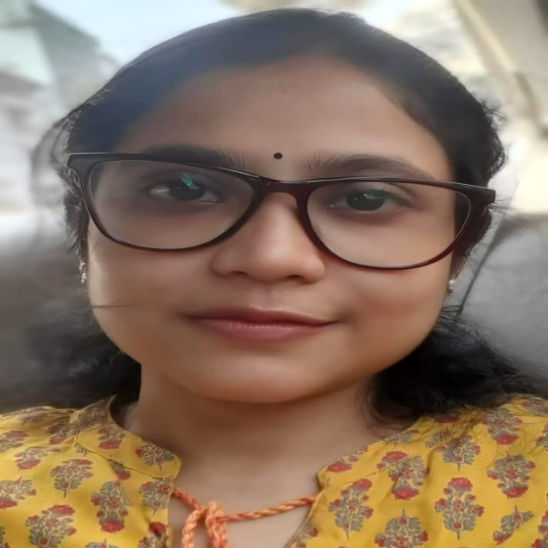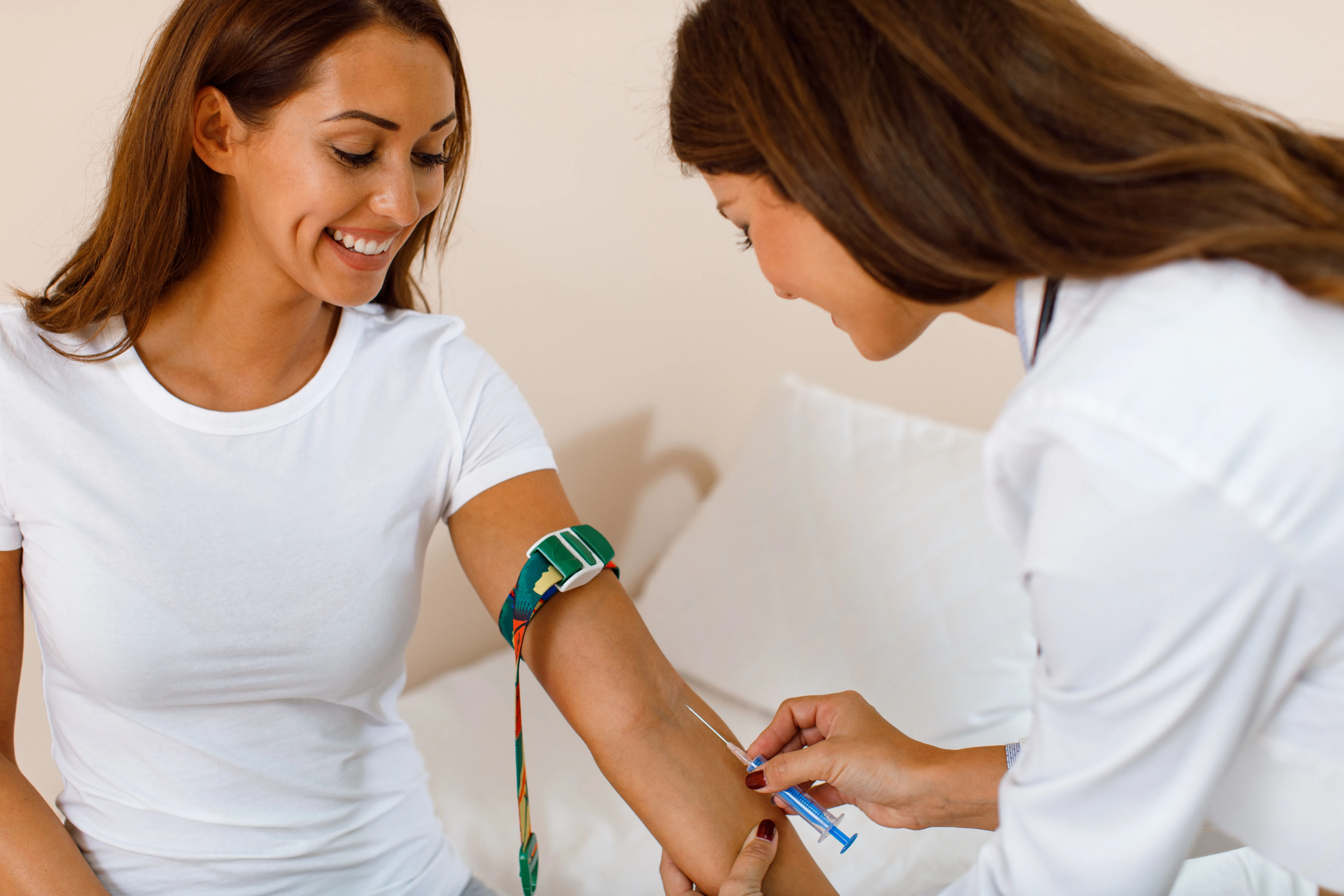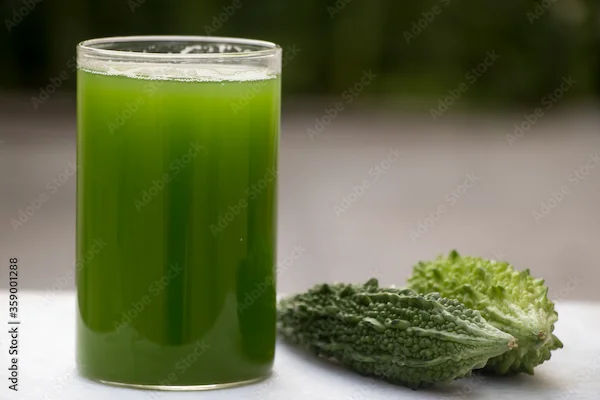Viral Fever Incubation Period Explained
Learn about the incubation period of viral fever, how long it takes for symptoms to appear, and how to manage and prevent infections like flu, dengue, or COVID-19 effectively.


When you or a loved one suddenly develops a fever, it’s natural to wonder how and when the infection started. Understanding the incubation period of a viral fever can help you take the right steps for recovery and prevent spreading it to others. In this article, we’ll break down everything you need to know in simple terms—what viral fever is, how long it takes to show symptoms, and how to manage it effectively.
What Is a Viral Fever?
Viral fever is a common illness caused by various viruses, such as influenza (flu), dengue, chikungunya, or even the common cold. Unlike bacterial infections, viral fevers do not respond to antibiotics and usually resolve on their own with proper care. Symptoms often include:
High fever
Body aches and chills
Fatigue
Headache
Sore throat
Cough or congestion
What Is the Incubation Period?
The incubation period is the time between when you get infected by a virus and when symptoms first appear. During this time, the virus multiplies inside your body, but you may not feel sick yet.
How Long Is the Incubation Period for Viral Fever?
The incubation period varies depending on the virus causing the infection:
Common cold (rhinovirus, adenovirus): 1-3 days
Influenza (flu): 1-4 days
Dengue fever: 4-10 days
Chikungunya: 2-7 days
COVID-19: 2-14 days (usually around 5 days)
This means if you were exposed to the flu virus on Monday, you might start feeling feverish by Wednesday or Thursday.
Why Is Knowing the Incubation Period Important?
1. Helps Identify the Source of Infection: If you develop symptoms, you can trace back possible exposures (e.g., contact with a sick person or travel).
2. Prevents Spreading to Others: Some viruses are contagious even before symptoms appear. Knowing the incubation period helps you take precautions.
3. Guides Treatment: If you suspect dengue or another serious virus, early detection can help in managing complications.
How Does Viral Fever Affect Your Health?
Most viral fevers are mild and go away within a week with rest and hydration. However, some viruses (like dengue or severe flu) can lead to complications such as:
Dehydration
High fever leading to seizures (especially in children)
Weakness and prolonged fatigue
In rare cases, organ complications (e.g., liver or lung issues)
Consult a Specialist for Personalised Advice
How to Manage Viral Fever at Home
Since antibiotics don’t work against viruses, treatment focuses on relieving symptoms and supporting recovery:
Rest: Your body needs energy to fight the infection.
Stay Hydrated: Drink plenty of water, herbal teas, or oral rehydration solutions (ORS).
Fever Control: Use paracetamol (acetaminophen) as directed. Avoid aspirin, especially in children.
Warm Compress: Helps reduce body aches and chills.
Eat Light & Nutritious Foods: Soups, fruits, and easily digestible meals help recovery.
When to See a Doctor?
Seek medical attention if:
Fever lasts more than 3 - 4 days
High fever (above 103°F) that doesn’t reduce with medication
Difficulty breathing or chest pain
Severe headache, confusion, or rashes
Signs of dehydration (dry mouth, dizziness, low urine output)
Preventing Viral Fever
While you can’t always avoid viruses, these steps lower your risk:
Wash Hands Frequently: Use soap and water for at least 20 seconds.
Avoid Close Contact with Sick People: Especially if they have a fever or cough.
Get Vaccinated: Flu and COVID-19 vaccines reduce severe infections.
Use Mosquito Repellents: Prevents dengue and chikungunya in mosquito-prone areas.
Boost Immunity: Eat a balanced diet, exercise, and get enough sleep.
Need Help? Consult a Doctor Online
If you or a family member has persistent fever symptoms, it’s best to get expert advice. You can consult a doctor online or book a lab test through Apollo 24|7 for quick and reliable healthcare support.
Conclusion
Viral fever is common, but understanding its incubation period helps in early detection and care. Most cases improve with rest and hydration, but watch for warning signs that need medical attention. By taking simple precautions, you can protect yourself and others from infections.
Consult a Specialist for Personalised Advice
Consult a Specialist for Personalised Advice

Dr. Rajib Ghose
General Physician/ Internal Medicine Specialist
25 Years • MBBS
East Midnapore
VIVEKANANDA SEBA SADAN, East Midnapore

Dr. Anand Misra
General Physician/ Internal Medicine Specialist
14 Years • MBBS, DNB
Mumbai
Apollo Hospitals CBD Belapur, Mumbai

Dr. Srujana Mulakalapalli
General Physician/ Internal Medicine Specialist
5 Years • MBBS, MD (GENERAL MEDICINE)
Bengaluru
Apollo Medical Center, Marathahalli, Bengaluru
(25+ Patients)

Dr. Sumanjita Bora
Cardiologist
9 Years • MBBS, PGDCC
Bengaluru
Apollo Clinic, Sarjapur Road, Bengaluru

Dr. Anindita Mondal
General Physician/ Internal Medicine Specialist
8 Years • MBBS
Kolkata
VDC Clinic, Kolkata




